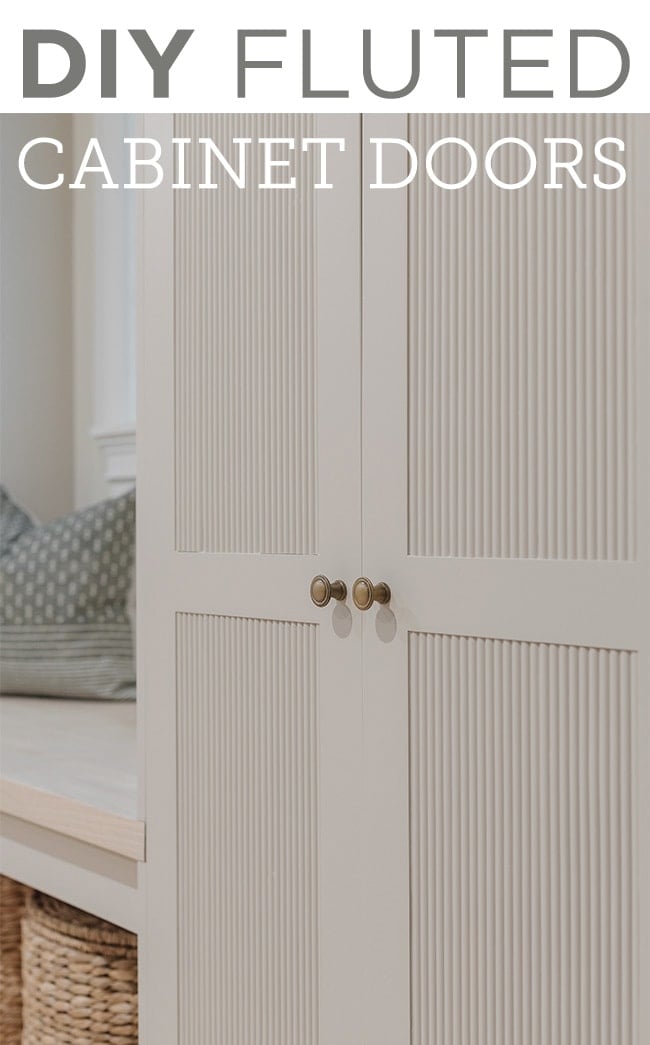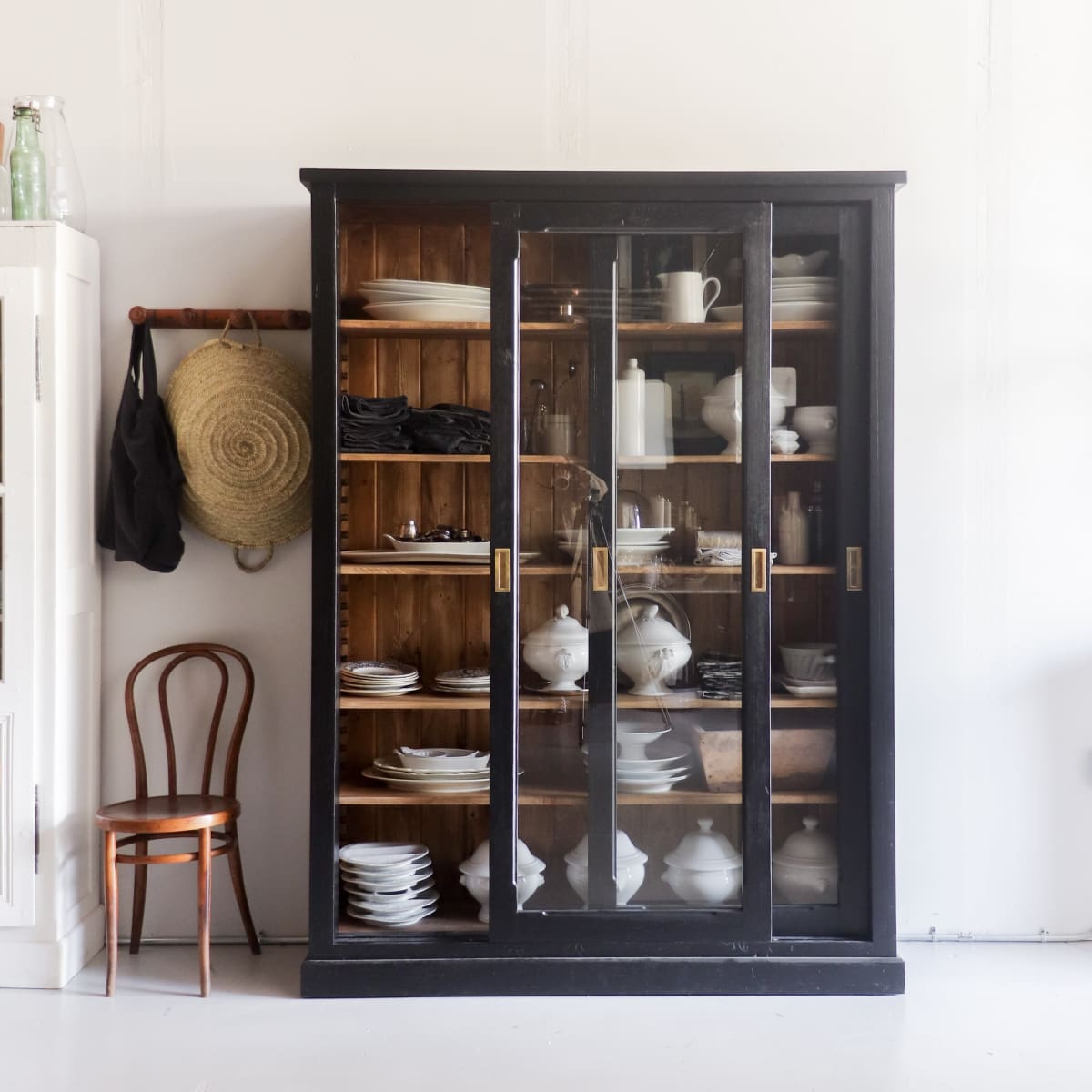All Categories
Featured
The appropriate choice of materials can substantially impact your gate's aesthetic appeals, longevity, and performance. Below's an overview to picking the finest products for your custom entrance gate.
Wooden entrances emanate warmth and all-natural beauty, making them a prominent option for rustic and traditional layouts.
Pros:
Visual Appeal: Uses a classic, elegant look that matches a range of architectural styles.
Personalized: Can be stained, repainted, or carved to accomplish a distinct style.
Eco-Friendly: Lasting options like recovered timber minimize ecological impact.
Cons:
Maintenance: Calls for routine sealing or staining to secure against weather and parasites.
Resilience: May warp, crack, or rot in time without proper treatment.
![]()
Steel gates are celebrated for their sturdiness and capacity to fit elaborate styles.
Pros:
Resilience: Resistant to damage, making it optimal for high-traffic locations.
![]()
Style Flexibility: Ideal for both traditional wrought iron styles and modern-day, smooth styles.
Low Maintenance: Requires marginal upkeep with correct coatings to avoid rust.
Disadvantages:
Expense: Top notch metals like wrought iron or stainless-steel can be costly.
Warm Retention: May come to be warm to the touch in straight sunshine.
Aluminum is a cost-efficient choice to larger steels, offering a modern-day look with reduced maintenance.
Pros:
Corrosion-Resistant: Perfect for areas with high moisture or coastal environments.
Lightweight: Easier to run and set up contrasted to other steels.
Inexpensive: Provides a smooth check out a lower price.
![]()
Disadvantages:
Strength: Less sturdy than much heavier steels like steel or iron.
Limited Customization: Not as versatile for intricate layouts.
Plastic gateways are understood for their affordability and convenience of maintenance, making them a sensible selection for numerous property owners.
Pros:
Low Maintenance: Resistant to weather, parasites, and UV rays.
Cost-efficient: Budget-friendly upfront and gradually as a result of minimal maintenance.
Variety: Available in a series of colors and styles.
Cons:
Longevity: Less durable than wood or steel and can split in extreme temperatures.
Appearance: Lacks the natural appearance of timber or the elegance of metal.
Composite gates integrate wood fibers with plastic or resin to create a long lasting and eye-catching alternative.
Pros:
Toughness: Resistant to rot, bending, and pests.
Reduced Upkeep: Does not call for paint or staining.
Eco-Friendly: Usually made from recycled materials.
Cons:
Cost: Much more costly than typical timber or plastic.
Look: May lack the authenticity of natural timber.
When Picking Products,Secret Considerations.
Environment: Consider just how the product will perform in your neighborhood weather condition conditions. Steel is ideal for toughness, while plastic works well in damp settings.
Upkeep: Choose a product that fits your way of life and willingness to keep it gradually.
Style: Make sure the product lines up with your home's architectural layout and individual taste.
Budget Plan: Variable in both ahead of time expenses and lasting costs for maintenance and repair work.
Last Thoughts
Choosing the right product for your custom entry gateway is an important step in developing a visually attractive and useful entry to your home. Whether you focus on the timeless appeal of timber, the strength of metal, or the functionality of vinyl, there's a material to match your needs. By balancing aesthetic appeals, longevity, and price, you can develop a custom-made gateway that boosts your home's visual allure while standing the test of time.
- Wood: Classic Elegance
Wooden entrances emanate warmth and all-natural beauty, making them a prominent option for rustic and traditional layouts.
Pros:
Visual Appeal: Uses a classic, elegant look that matches a range of architectural styles.
Personalized: Can be stained, repainted, or carved to accomplish a distinct style.
Eco-Friendly: Lasting options like recovered timber minimize ecological impact.
Cons:
Maintenance: Calls for routine sealing or staining to secure against weather and parasites.
Resilience: May warp, crack, or rot in time without proper treatment.
- Steel: Stamina and Versatility

Steel gates are celebrated for their sturdiness and capacity to fit elaborate styles.
Pros:
Resilience: Resistant to damage, making it optimal for high-traffic locations.

Style Flexibility: Ideal for both traditional wrought iron styles and modern-day, smooth styles.
Low Maintenance: Requires marginal upkeep with correct coatings to avoid rust.
Disadvantages:
Expense: Top notch metals like wrought iron or stainless-steel can be costly.
Warm Retention: May come to be warm to the touch in straight sunshine.
- Aluminum: Lightweight and Cost Effective
Aluminum is a cost-efficient choice to larger steels, offering a modern-day look with reduced maintenance.
Pros:
Corrosion-Resistant: Perfect for areas with high moisture or coastal environments.
Lightweight: Easier to run and set up contrasted to other steels.
Inexpensive: Provides a smooth check out a lower price.

Disadvantages:
Strength: Less sturdy than much heavier steels like steel or iron.
Limited Customization: Not as versatile for intricate layouts.
- Plastic: Practical and Budget-Friendly
Plastic gateways are understood for their affordability and convenience of maintenance, making them a sensible selection for numerous property owners.
Pros:
Low Maintenance: Resistant to weather, parasites, and UV rays.
Cost-efficient: Budget-friendly upfront and gradually as a result of minimal maintenance.
Variety: Available in a series of colors and styles.
Cons:
Longevity: Less durable than wood or steel and can split in extreme temperatures.
Appearance: Lacks the natural appearance of timber or the elegance of metal.
- Compound Products: The Finest of Both Worlds
Composite gates integrate wood fibers with plastic or resin to create a long lasting and eye-catching alternative.
Pros:
Toughness: Resistant to rot, bending, and pests.
Reduced Upkeep: Does not call for paint or staining.
Eco-Friendly: Usually made from recycled materials.
Cons:
Cost: Much more costly than typical timber or plastic.
Look: May lack the authenticity of natural timber.
When Picking Products,Secret Considerations.
Environment: Consider just how the product will perform in your neighborhood weather condition conditions. Steel is ideal for toughness, while plastic works well in damp settings.
Upkeep: Choose a product that fits your way of life and willingness to keep it gradually.
Style: Make sure the product lines up with your home's architectural layout and individual taste.
Budget Plan: Variable in both ahead of time expenses and lasting costs for maintenance and repair work.
Last Thoughts
Choosing the right product for your custom entry gateway is an important step in developing a visually attractive and useful entry to your home. Whether you focus on the timeless appeal of timber, the strength of metal, or the functionality of vinyl, there's a material to match your needs. By balancing aesthetic appeals, longevity, and price, you can develop a custom-made gateway that boosts your home's visual allure while standing the test of time.
Latest Posts
Check Out Budget-Friendly Auto Repairs with Montclare’s Exclusive Service Specials
Published May 26, 25
1 min read
Uncover Cut Costs on Car Maintenance with Montclare Auto Repair’s Limited-Time Deals
Published May 26, 25
1 min read
Find Out Save Big on Car Maintenance with Montclare Auto Repair’s Limited-Time Deals
Published May 25, 25
1 min read
More
Latest Posts
Check Out Budget-Friendly Auto Repairs with Montclare’s Exclusive Service Specials
Published May 26, 25
1 min read
Uncover Cut Costs on Car Maintenance with Montclare Auto Repair’s Limited-Time Deals
Published May 26, 25
1 min read
Find Out Save Big on Car Maintenance with Montclare Auto Repair’s Limited-Time Deals
Published May 25, 25
1 min read